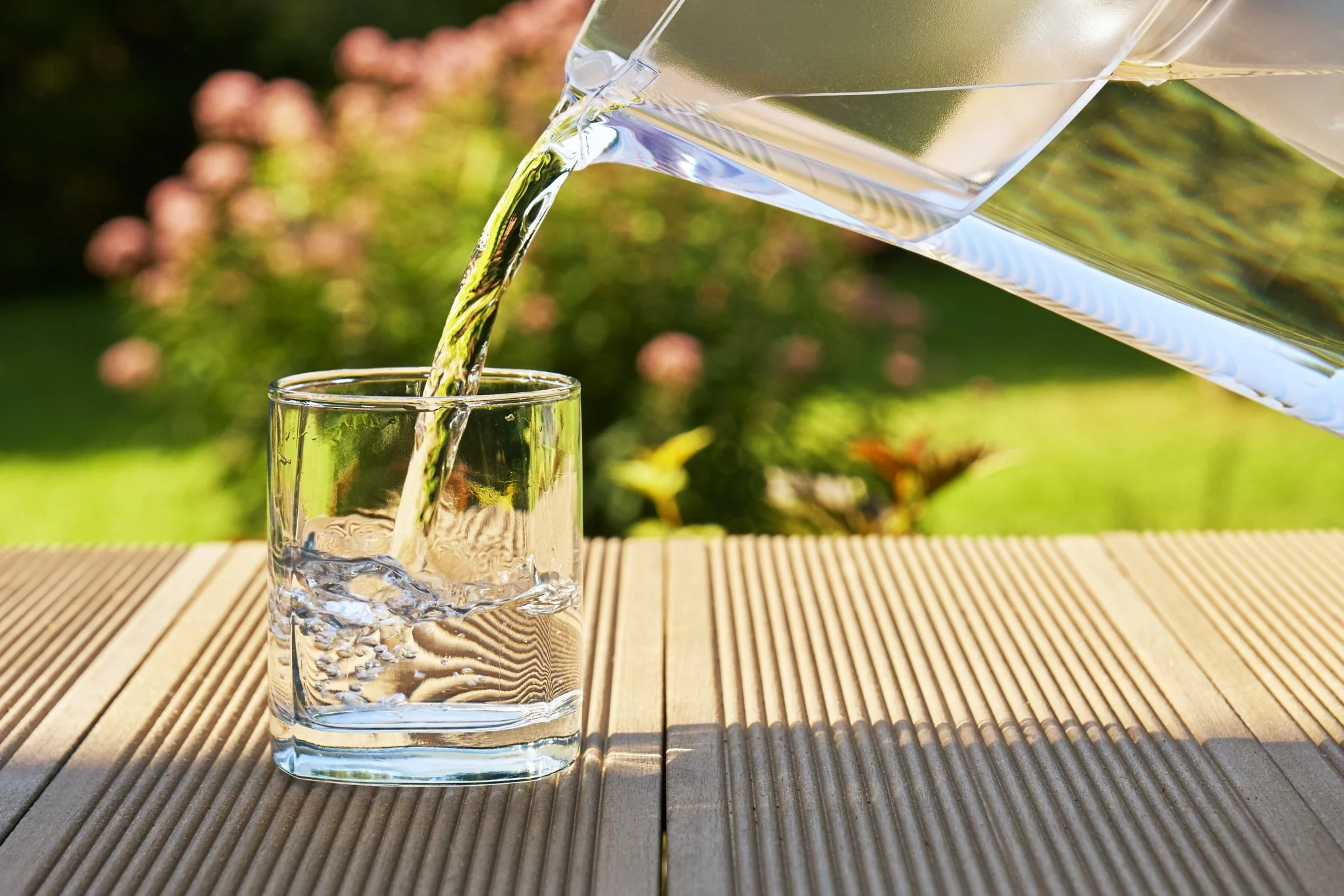
Researchers at Princeton University have created a new way to turn sea water into drinkable fresh water. Salt and plastic microparticles will be eliminated by means of an airgel based on chicken egg protein.

Egg white is a complex amino acid that, through freeze-drying and heating to +900 degrees in an airless environment, can be converted into a structure of connected strands of carbon fibers and sheets of graphene. The result is a semi-permeable osmosis membrane that is capable of passing the solvent and retaining the elements dissolved in it.
Experts note that the airgel can be obtained not only from egg whites, but also from other proteins with a complex structure. Compared to existing reverse osmosis systems, this technology uses only gravity, so it does not require energy resources. The efficiency of water purification at the same time exceeds the efficiency of activated carbon.

Egg white is a complex amino acid that, through freeze-drying and heating to +900 degrees in an airless environment, can be converted into a structure of connected strands of carbon fibers and sheets of graphene. The result is a semi-permeable osmosis membrane that is capable of passing the solvent and retaining the elements dissolved in it.
Experts note that the airgel can be obtained not only from egg whites, but also from other proteins with a complex structure. Compared to existing reverse osmosis systems, this technology uses only gravity, so it does not require energy resources. The efficiency of water purification at the same time exceeds the efficiency of activated carbon.
Login or register to post comments
Comments 0